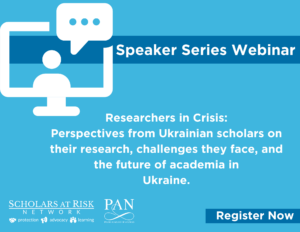
Two MSCA4Ukraine fellows spoke at the webinar titled “Researchers in Crisis: Perspectives from Ukraine“, which was held on May 15th jointly by Scholars at Risk (SAR) and the Polish Academy of Sciences. The event highlighted the research, challenges and hopes of Ukrainian scholars two years after the full-scale invasion of Ukraine. This webinar brought together four Ukrainian scholars into conversation to explore, analyse and give insight into the direct impact the full-scale invasion has had on the production of knowledge and academic freedom in Ukraine. Doctoral fellow Ross Chayka and post-doctoral fellow Associate Prof. Kateryna Latysh spoke at the event, together with researchers from Ukraine working with the Polish Academy of Sciences.
The recording of the webinar is available on SAR’s YouTube channel.
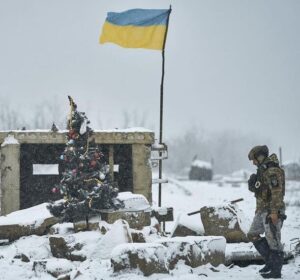
Ten Years of Russia’s war against Ukraine, a conference organised by MSCA4Ukraine fellow, Artem Nazarko, a doctoral student at the University of Bergen, took place on 20 February.
Russia has been waging war on Ukraine for a decade: annexation of Crimea, followed by the war in Eastern Ukraine since 2014, and full-scale attack all over Ukrainian territory since 24 February 2022.How has the Ukrainian society been coping with the war and what’s the key to its resilience? What are the ways to bring justice domestically and internationally, and why does it matter? Why is European cooperation so important? These are the questions that were explored in four panel debates.
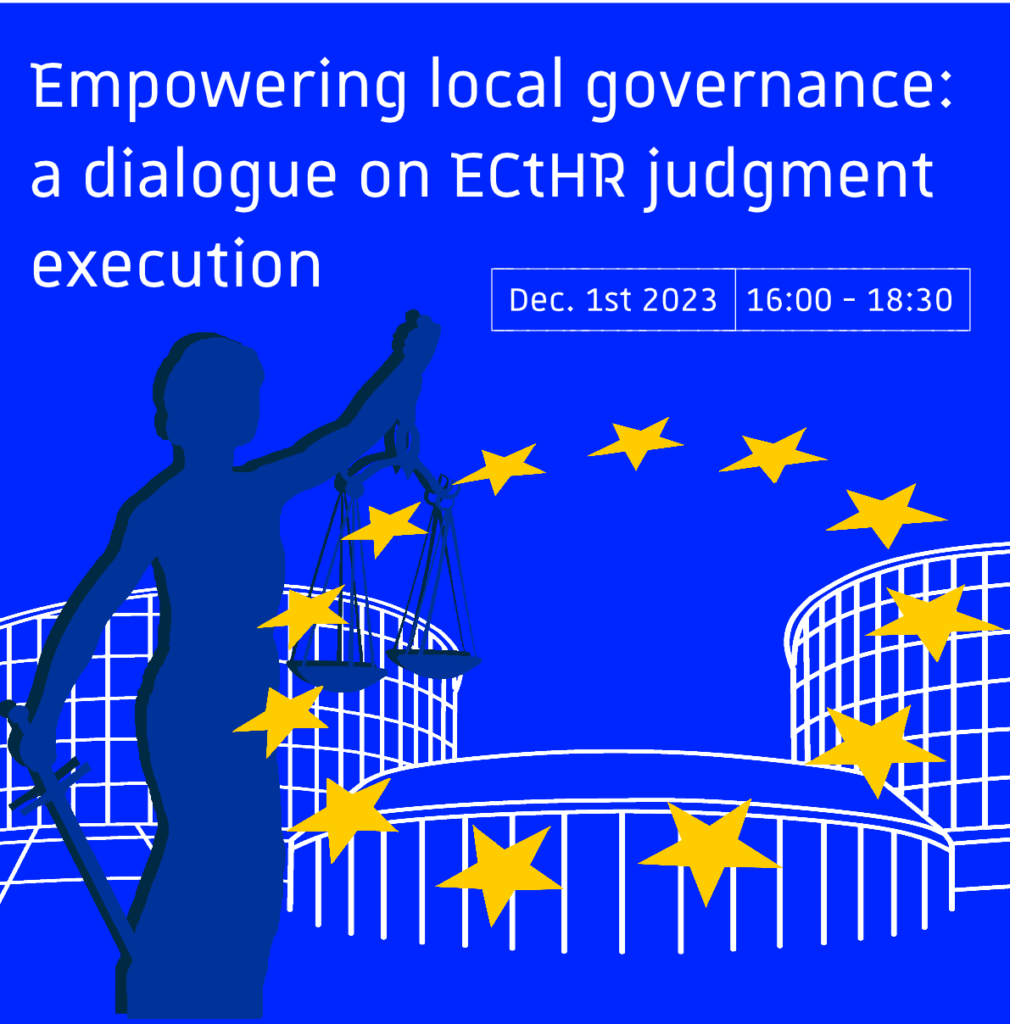
On 1st December 2023, Dr Natalia Mishyna (University of Strasbourg and Nantes University/National University ‘Odesa Academy of Law’), presented her MSCA4Ukraine research project “The role of local authorities and the implementation of the European Convention of Human Rights” at a private event in Strasbourg.
The event aimed to facilitate knowledge exchange among experts, scholars and practitioners specialising in human rights and local governance, conduct a critical evaluation of the challenges and opportunities faced by local authorities in the implementation of European Court of Human Rights (ECtHR) judgments, and provide policy insights to serve as the foundation for recommendations aimed at enhancing the effectiveness of local authorities in executing ECtHR judgments.
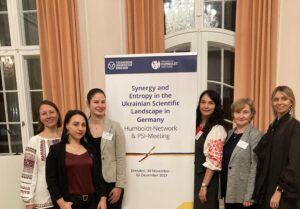
Due to the war in Ukraine, a Ukrainian academic landscape has emerged in Germany within a short period, largely supported by the Alexander von Humboldt-Foundation. To promote exchange between the researchers sponsored by the Humboldt Foundation, the Technische Universität Dresden, organised a conference ‘Synergy and Entropy in the Ukrainian Scientific Landscape in Germany’, aiming to facilitate exchange of experiences and a presentation of projects from different academic disciplines. The event took place in Dresden from 30 November- 2nd December. Eight MSCA4Ukraine fellows presented their research at the event.

On 29th November, Dr Anton Kurapov, Universität Salzburg/Taras Shevchenko National University of Kyiv, spoke at Academic Freedom-The state of a fundamental value for Europe, hosted by the Panel for the Future of Science and Technology in the European Parliament. Dr Kurapov joined SAR Europe Advocacy Manager, Denise Roche, on a panel discussing European support for Researchers at Risk.
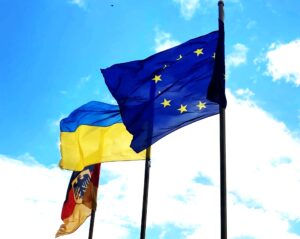
Dr Iryna Konovalova (Heinrich Heine University Düsseldorf | SSI Institute for Single Crystal National Academy of Sciences of Ukraine, Kharkiv) spoke at the Panel “Recovery of the Ukrainian education and science sector”, together with Dr.Denys Kurbatov, Deputy Minister of Education and Science, Ukraine and Prof. Dr. Oleksiy Kolezhuk, Deputy-Chair of the National Council of Ukraine for Science and Technology. This Panel was part of an event which took place on 8th November marking 30 Years of German-Ukrainian Science and Technology Cooperation.
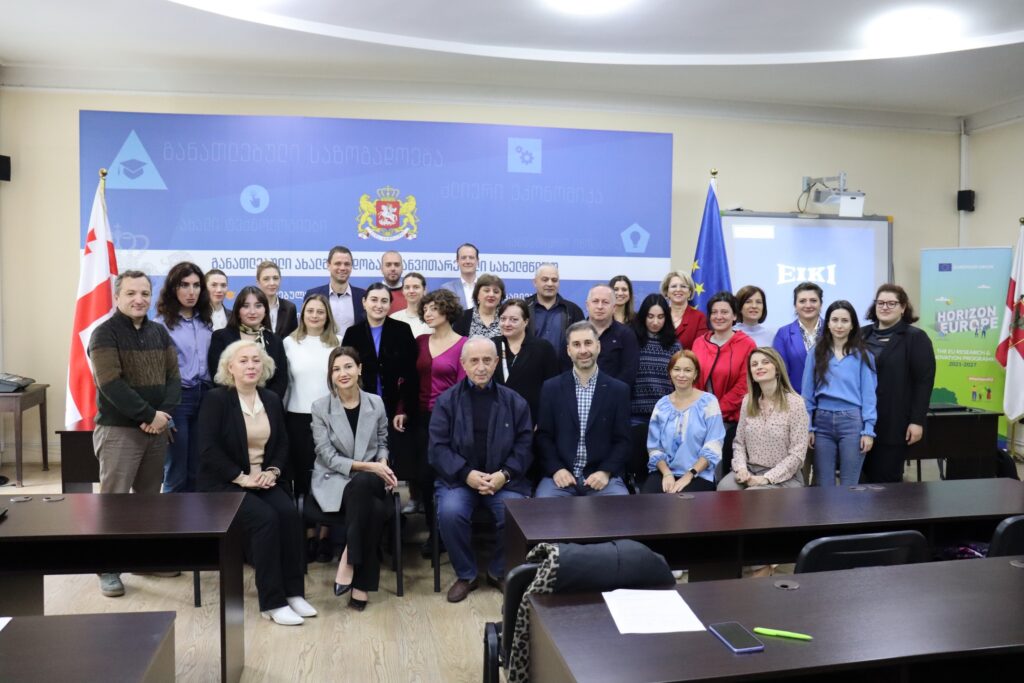
MSCA4Ukraine fellow, Dr Kateryna Ihnatenko (Ilia State University, Georgia/Luhansk Taras Shevchenko National University ) participated in and presented a project on Proposal Writing and Consultation Camp for Georgia held at Horizon Europe office in Georgia for National Contact Points, researchers, and innovators (18 October 2023, Tbilisi). In cooperation with the Horizon Europe Office as a coordinator of National Contact Points (NCPs) for Horizon Europe in Georgia, the European Commission trained researchers and innovators from the public and private sectors in Georgia in a one-week Proposal Writing Camp and individual Expert Consultations.
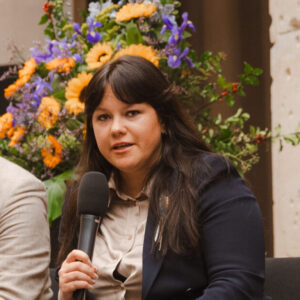
On 1st November, Dr Kateryna Latysh, University of Vilnius/Yaroslav Mudryi National Law University, spoke at the panel discussion Humboldt4Ukraine: How can science become an engine for rebuilding Ukraine? in Berlin. The panel considered the measures needed to firmly place science at the heart of Ukraine’s reconstruction efforts. The discussion followed the October virtual networking forum, Humboldt4Ukraine, which brought together researchers from over 20 countries to discuss how to best support the future of an innovative Ukraine. Read the recommendations for rebuilding Ukrainian science and academia arising from these discussions.
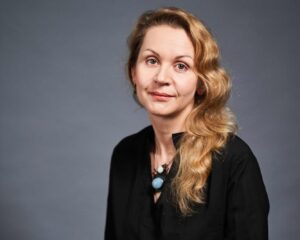
Dr Victoriia Gorbunova, Universite de Luxembourg/National Psychological Association Ukraine, was selected as a finalist from among more than 170 candidates to present her research at the MSCA Awards: Science Policy-Pitch competition on 14th and 15th November in Toledo, Spain. Through 3-minute pitches, selected candidates were invited to explain how their research contributes to strengthening the connection between science and policy-making. She was a finalist in the category of ‘Facilitating evidence-based policy making’ based on her project Five Steps to bridge the Mental Health Gap.
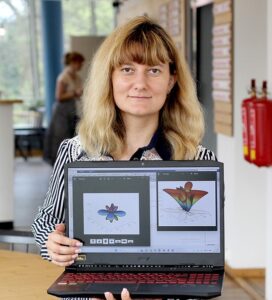
An article on the life and work of Dr Olha Mazur, a postdoctoral MSCA4Ukraine fellow, who is currently hosted at the Technical University of Liberec. Dr Mazur speaks about her beginnings in Donetsk, her research on ferroelectricity, and how the MSCA4Ukraine fellowship has helped her to embark on a new phase of life.
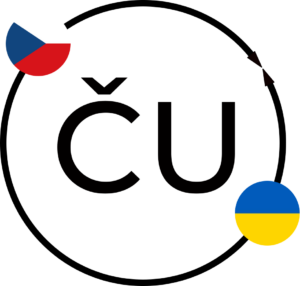
New Czech-Ukrainian Scientific Society established by MSCA4Ukraine awardees. Two MSCA4Ukraine awardees hosted in the Czech Republic are founding members of the Society which aims to unite Ukrainian scientists in the Czech Republic, coordinate and support scientific projects, centres, and initiatives and strengthen collaboration between Czech and Ukrainian scientists. The Society held its first meeting on 8th November in Prague, exploring the theme of funding opportunities in the Czech Republic. Contact the Society at [email protected] or via Facebook or Telegram.


